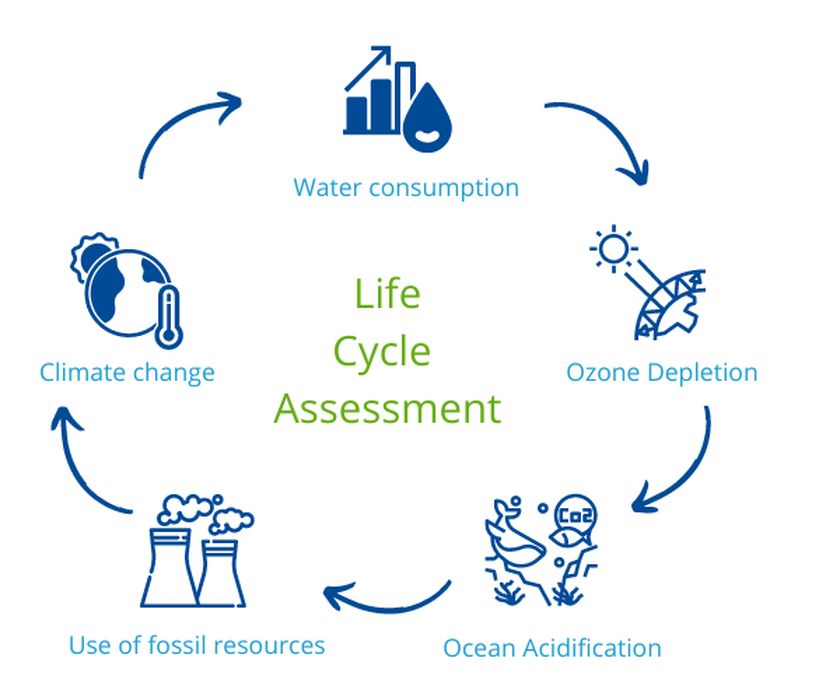
It’s gradually becoming the norm to have a sustainability program if you’re in the AM space.
A number of companies have announced various forms of sustainability programs over the past year. They’re driven to do so by increasing public interest in the climate emergency and associated environmental issues.
3D printer manufacturers, for example, sell their equipment to manufacturers that produce industrial or consumer products. But those products must increasingly be seen as sustainable by their clients. As a result, the equipment, materials and processes used by manufacturers must also be seen as sustainable.
This is why we see so many sustainability programs appearing. While some inevitably will contain “greenwashing” elements, there are indeed many practical sustainable effects being implemented as well.
A very recent example is BASF’s Forward AM’s “Project Zero” initiative.
Unlike some of the other sustainability initiatives, Project Zero takes an all-encompassing examination of activities from a sustainability point of view.
They will create detailed “Life Cycle Assessments” for each of their products, which could be used by clients as input to their own sustainability initiatives.
What is an “LCA”? Forward AM explains:
“A Life Cycle Assessment is a study that calculates how much environmental impacts are associated with every step of a product. This means a detailed report of the material, energy, etc., that are being used over a product’s life span. These data are gathered across the product’s industry value chain and later cumulated into an emission score.”

The assessment will examine products from a variety of important dimensions, including:
- Climate change
- Water consumption
- Ocean acidification
- Use of fossil resources
- Ozone depletion
- Eutrophication (which is about excessive fertilization leading to algae blooms, etc.)
Forward AM’s LCA will include what they call a “cradle to grave” approach that should account for all steps in the creation of their products. This even includes steps prior to their corporate involvement, such as extraction of raw materials for the products that might be done by other parties.
It’s important to note that their LCAs will not account for use of their products by customers. Customers can do whatever they wish with the products, such as manufacturing fossil fuel engines, for example, that might be seen as not sustainable.
But you can only manage what’s in your control, and that seems to be what Forward AM is doing.
As of this writing, Forward AM has produced an LCA for their Ultrasint PP material, and there’s likely a bunch more in progress.
Forward AM’s approach to sustainability seems quite reasonable, as they aren’t simply “doing things”. Instead they’ve implemented an objective measurement process through which all their products could be graded by customers.
I hope that other 3D print companies establish similar sustainability programs that are comprehensive in nature.
Via Forward AM

